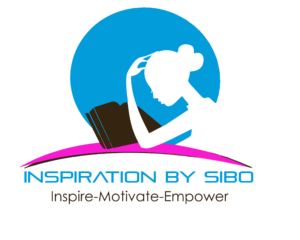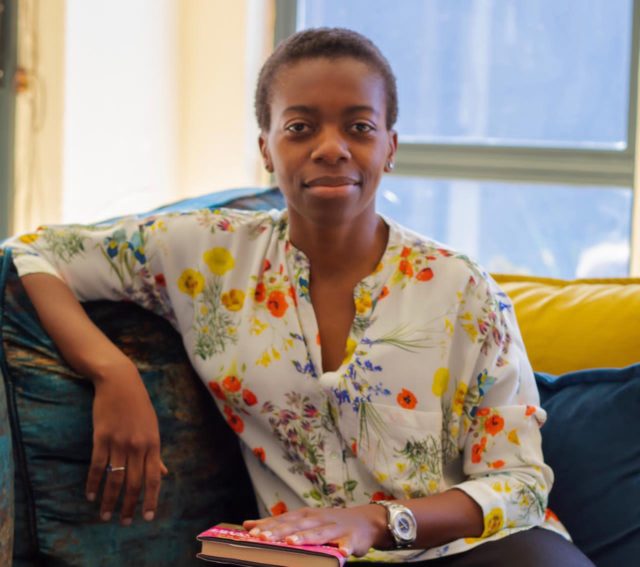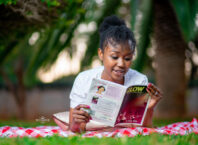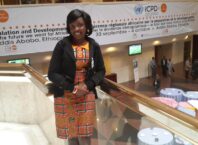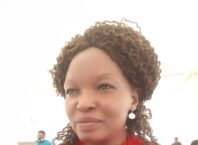In each Issue of Sibo-Lifestyle Magazine, we celebrate individuals that dream big, pursue their dreams and are pursuing success on their own terms. I’d like us to learn from them, to see how like us they are or how they differ from us. For us to see what we can do differently or continue to do to pursue our own dreams and success. This month Rumbi Munyaradzi shares her journey with us.
Have you ever read about someone or been exposed to their work and thought I want to know more about this person? Rumbi Munyaradzi is one such person for me. After working with her during the interview process, I’m glad I asked her for an interview because she was such a pleasure to work with. In her typical Type A personality, she did things in 5 days that I had given her a month to do. I mean, she even read all past editions of the magazine to get an idea of what it’s about and how best she could contribute to the vision behind it. For this and other reasons I am excited to share her journey with you.
Rumbi is a multi-talented business executive with strong debt capital markets and investment banking skills. During her 12 year investment banking career at J.P. Morgan, she worked on transactions which raised over US$35 billion of capital to Sub-Saharan Africa. With over 30 countries under her belt, she is well-travelled across Africa, North and Latin America, Europe and Asia. Whilst taking a career break to reflect on what she wanted to do next and possibly reset, she launched GenZim Connection, an online mentorship space for young people. It is at this time that she also started a peer to peer career and personal development blog. You’ll find out more about these later but for now, get comfortable and let’s feast on the delicacy that is Rumbi Munyaradzi.
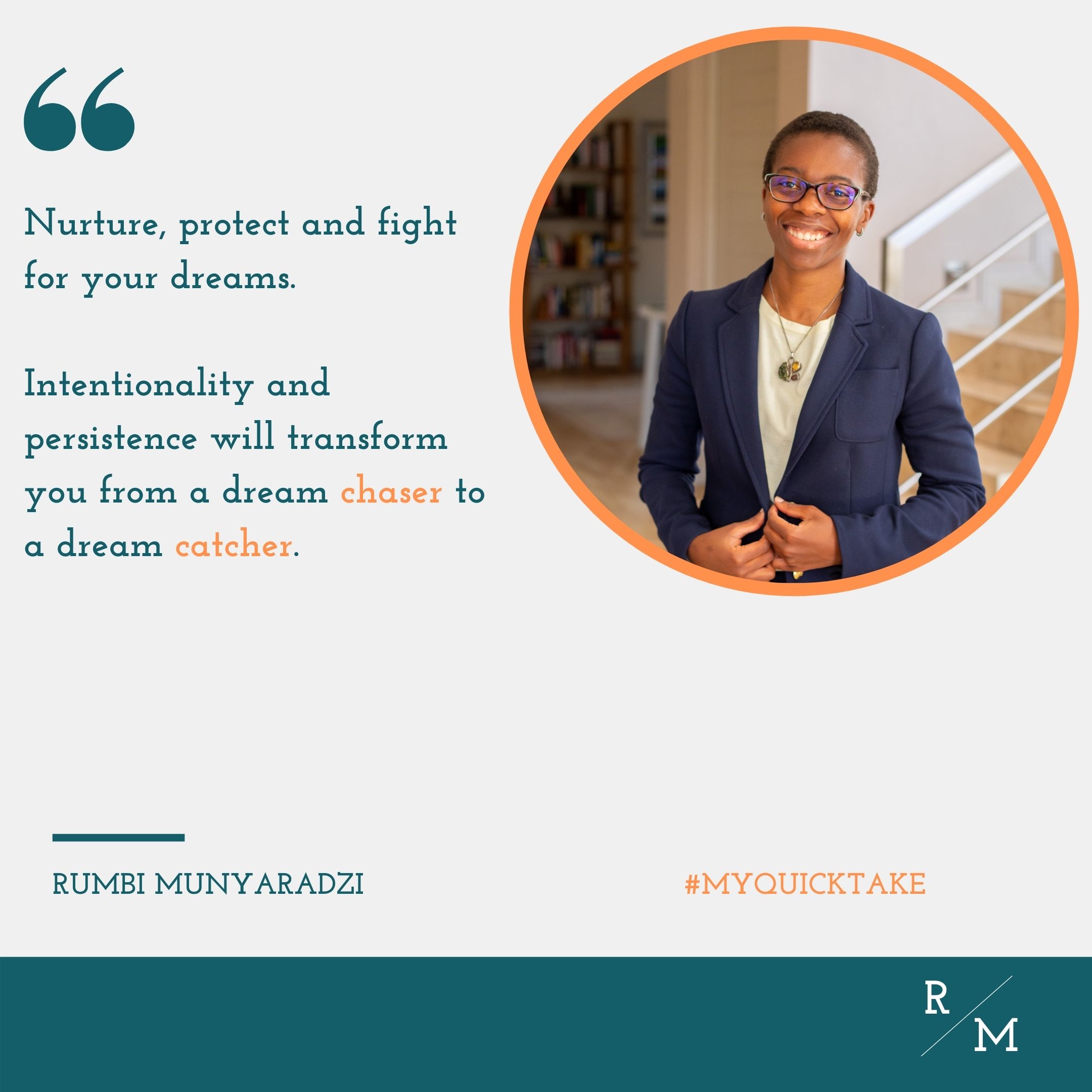
Where are you from and where do you currently live? If not your country, how did you end up in the country you’re living in?
I’m from both Harare and Bulawayo, Zimbabwe and currently live in Johannesburg, South Africa. Having completed high school in Harare, I came to Johannesburg to study a Bachelor of Commerce degree in Finance & Economics from Wits University. I landed an entry-level investment banking job soon after graduating and I’ve been here ever since!
Tell us about your childhood. What was life like for you growing up?
I feel like I grew up in Zimbabwe’s golden age where we believed in the brighter promise of what we could become at a national and individual level. The theme of my childhood was that I could be whoever I wanted to be, even if that didn’t fit any particular mould. I was a tomboy who had mad mountain-biking and video-gaming skills who loved to bake, read books and be super nerdy.
Growing up, did you imagine you would do the things you’ve been able to do in your life?
No, I didn’t foresee any aspect of what I’m doing now. Looking back, I think it’s simply because I didn’t have any role models who worked in international finance, or any way to access insights about it. Pre-internet era, it was pretty hard to search for something you didn’t know existed. I thought I’d be a doctor up until about Form 4 and then the more I enjoyed Maths in Sixth Form, I started having ideas about working with money somehow.
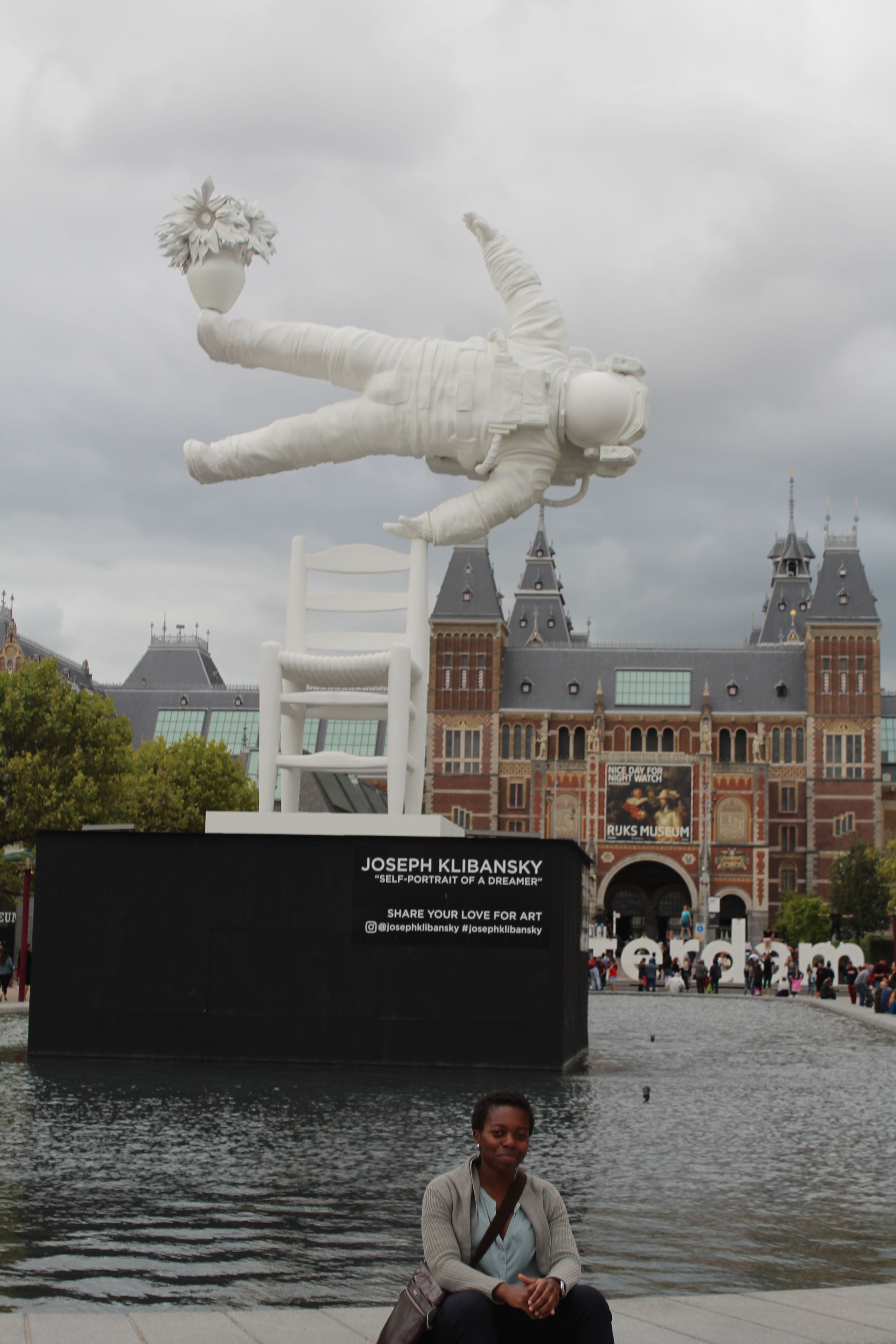
So far, what are you most proud of achieving in your life?
Currently, I’m most proud of happily living life on my own terms which has been a journey to align all aspects of who I am. It includes building a great professional career, pursuing academic interests, taking calculated risks with my financial investments, being a person of integrity in all of my dealings and constantly learning. I also have great friends and family who support me and keep me sane ☺
I have fond memories of when I landed in New York in 2008 for a 6-week training program as a freshly-hired graduate. I had a great apartment all to myself near Times Square and got exposure to so many different people and places during that time. I’d never travelled overseas prior to this job so it was an assault on all my senses – in a good way! I remember looking at the view of the Hudson River and the Manhattan Skyline from my room and wondering if this was really my life. I sent over 100 job applications in my final year, was invited to interview with 5 companies and received only one job offer. And that offer was from one of the best investment banks in the world. It taught me how the right opportunity at the right time can accelerate a person’s life.
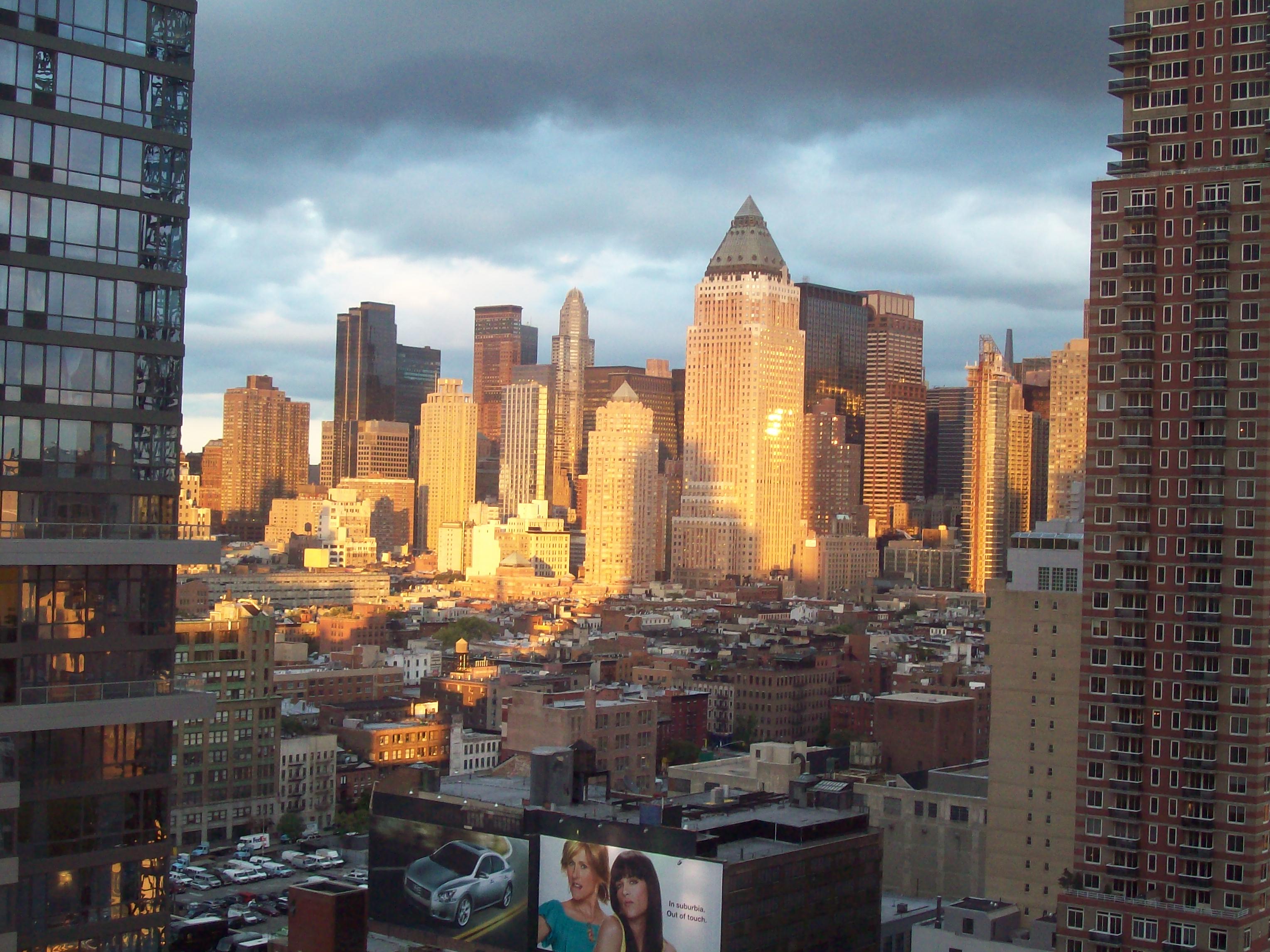
What are you currently working on?
I spent 12 years working in investment banking and in late 2019, I decided to take a break to reflect, refresh and reset. I had a great time while I was immersed in that finance world, however, in 2019 something in me became restless and I felt strongly motivated to pivot in a new direction. I sense it will likely be connected to digital transformation or digital strategy but I’m still researching and talking to various people to piece together the right fit.
Until now, I’ve never had time to stop and think about what I want and dream new dreams; I’ve always been chasing something academically or professionally. I am profoundly grateful to be able to press the pause button and take a break on my terms. All of us have numerous talents and interests. Taking this time to design my life rather than react to the opportunities presented to me, has helped me reclaim important parts of myself I’d been neglecting.
What I’ve most enjoyed nurturing back to life is my creativity! I’m currently expressing that through two different blogs which link back to my desire to share what I know and elevate the conversations we have about how we can live productive lives. My big passion project is The GenZim Connection (www.genzim.com) a blog where I make myself available for mentorship conversations with teenage girls. The second interest is a personal blog (www.rumbimunyaradzi.com) where I discuss careers and personal development issues from a peer-to-peer perspective.
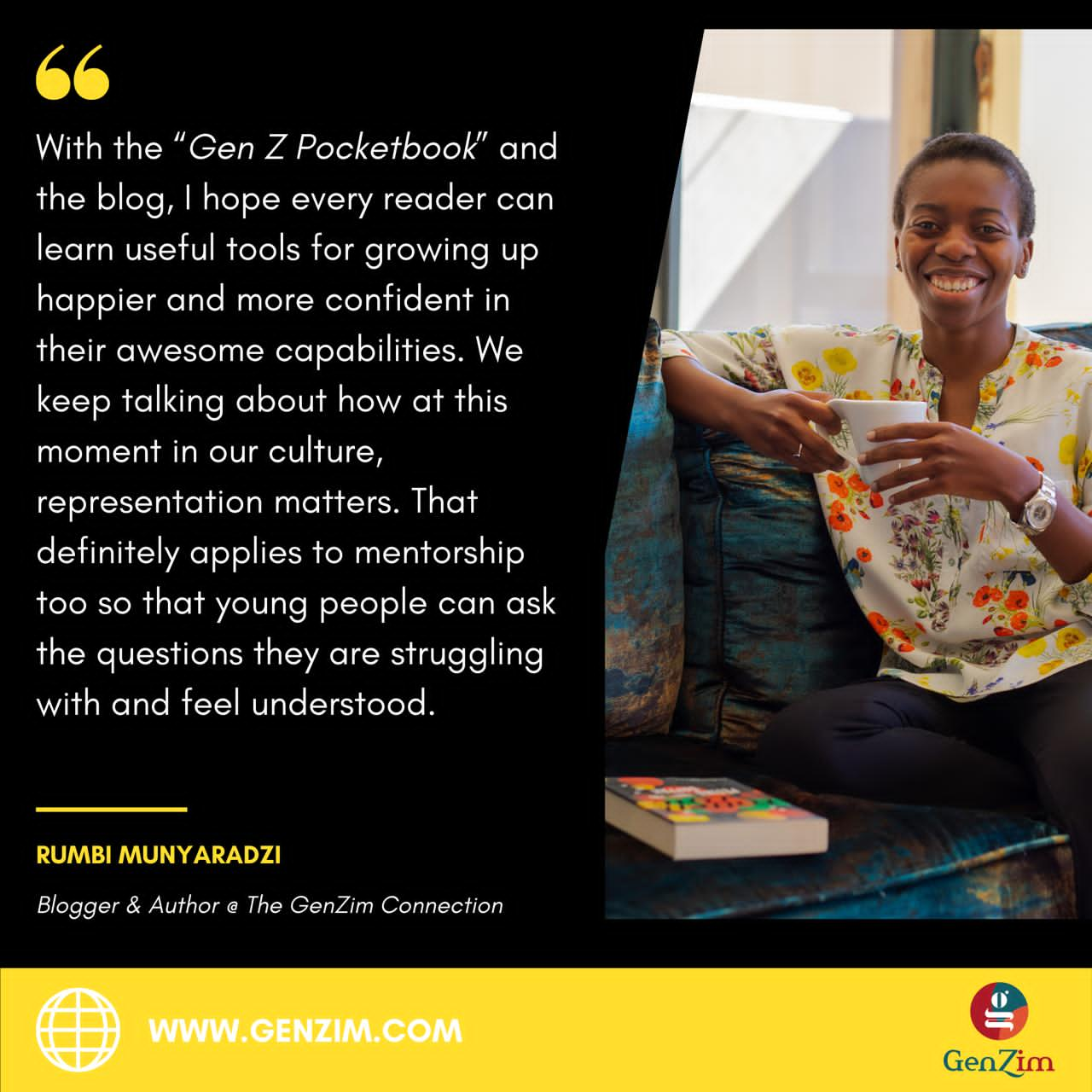
What did you do before what you’re doing now and how did you get into that?
In my former life, I was an Executive Director at J.P. Morgan Chase Bank in the Sub-Saharan Africa Debt Capital Markets team. My role was about raising large scale USD debt funding for governments, companies and banks across the continent. I worked on transactions worth over US$35 billion during that 12-year period so it exposed me to a variety of economies, sectors and the world at large because there was a lot of travel involved to meet clients and investors for these deals.
My entry into investment banking: I applied for the job during my final undergraduate year and specifically targeted graduate recruitment programs where formal work experience was not required. I believe the combination of finance skills from my degree, my exposure from a past banking internship, general interest in current affairs and ability to network quickly within the organization sealed the deal for me. I went through 7 rounds of interviews which were stressful but helped me understand why I felt the job would be a good fit for me.
What made you decide to start the GenZim Connection? How did you come up with the idea and why that in particular?
I don’t think the Zimbabwean education system factors in enough holistic support to teenagers especially in the 16-19 year range. At that age, you’re still a kid but are starting to deal with more intense and advanced issues. I know I could have benefited from additional advice from a mature perspective on how to cope with various issues I was confronted with. In talking to various people, I realized many others felt the same and that not much has changed all these years later.
Rather than create a formal program, the blog is my personal hands-on approach to engage in a form of mentorship at scale, and without limiting that kind of opportunity to top performers as so many programs do. I’m mostly interested in engaging girls because they are less likely to reach out for mentorship and networking than boys. This tendency has an unfortunate way of extending into their careers – no, the workplace is not a meritocracy, you need networks – so I want to help shift this attitude early.
The name “GenZim” is a combination of Gen Z for the teenage audience I want to engage with, and Zim(babwe) because I would like this to be of most benefit specifically to our next generation of Zimbabwean society.
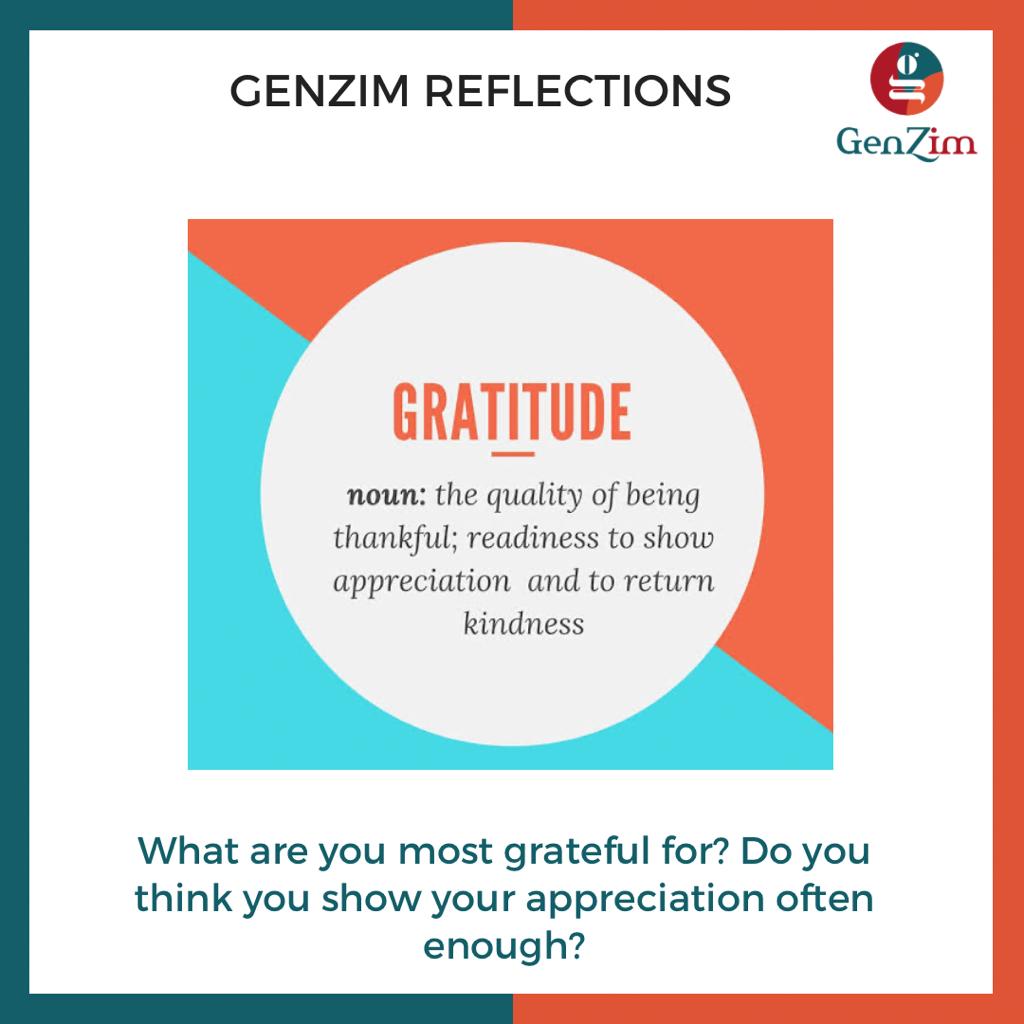
Are you currently working on other things as well, if yes, what?
Yes, I have a personal blog as well. I started it because I shared a few posts about my sabbatical on LinkedIn which attracted a lot of interest and generated several offline conversations. I got the sense that many people feel stuck in their lives and that their career choice is a major factor in that sense of dissatisfaction. They don’t know what to do about it, don’t know where to start but would like to walk the journey with someone else who is re-assessing their career options.
What do you enjoy about running your own business or working on your own venture/projects?
I enjoy the self-reflection and having a process that requires me to attach words to what I’m feeling. It gives a sense of legitimacy to my inner thought life. Like JRR Tolkien said, “Not all those who wander are lost.” I have learnt a lot and reconnected with so many known truths during this process:
- Working when I have creative flow has taught me how important it is to align my schedule to do tasks according to what is best for my energy levels. The right task at the right time takes me less time and is of higher quality than the right task at the wrong time.
- The other aspect of flow – life without resistance – is that being sensitive to where I experience it has made me really emphatic about cutting out the things that introduce friction instead. We are so powerful when we can consistently give our best to what matters most – why entertain things that distract us from that? Flow for me is about finding the people and activities I enjoy, which energise me and build me up. Because of the value they give me, I invest the same energy back and it compounds beautifully. Friction for me is all the people and things that distract me from my purpose, waste my time and drain my energy. I reduce this as much as I possibly can – although I understand this will never be zero.
- Networking has been, and always will be, another huge aspect of my life. Creating the GenZim Connection blog has pushed me into new social circles, new levels of engagement about what is happening in Zimbabwe, and most importantly deeper empathy. In as much as I am doing this to help others, I find myself growing too.
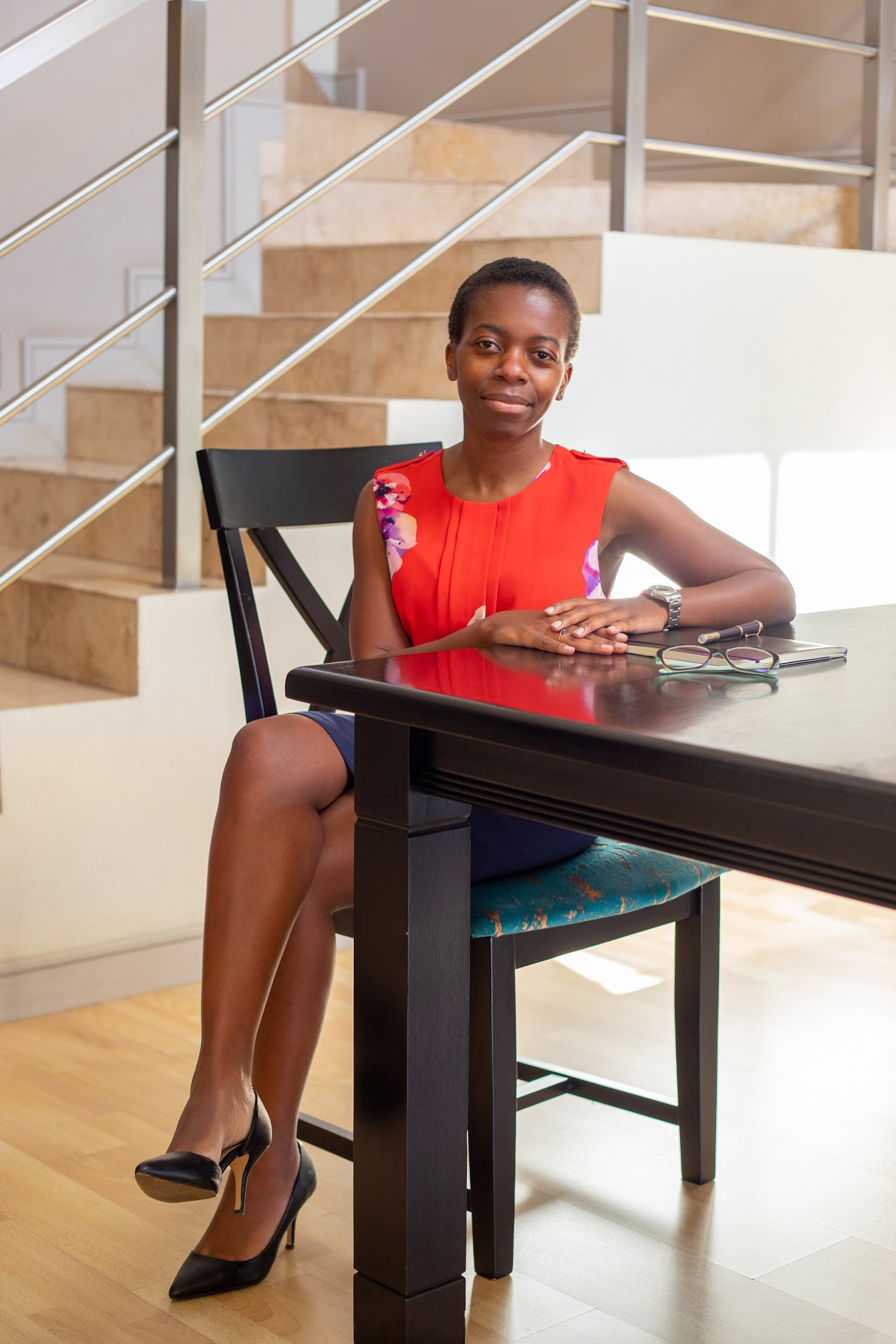
What have you found to be difficult or challenging in running your own business, venture or project?
When I originally planned this sabbatical, my main focus areas were to complete my Executive Masters in Digital Transformation & Innovation from IE University in Spain and to travel extensively around South Africa and Spain. My degree was a long-distance format where we had block releases every 4 months with virtual learning in-between. I had two trips to Spain before lockdown happened, and of course, the rest of my travel plans got cancelled along with that. I did graduate on schedule so thankfully that part was not derailed.
Being at home created space for new ideas to germinate, and the space to actually nurture them into something tangible. I doubt I would have created these blogs at the same pace and dedication as I’ve done if I had been able to travel and socialize the way I had planned.
How has COVID-19 affected what you do and what have you learned as a result?
I have always been pretty ambitious, however, all I’ve experienced and observed makes me feel emboldened about what I’m planning and to not delay whatever I believe must be done.
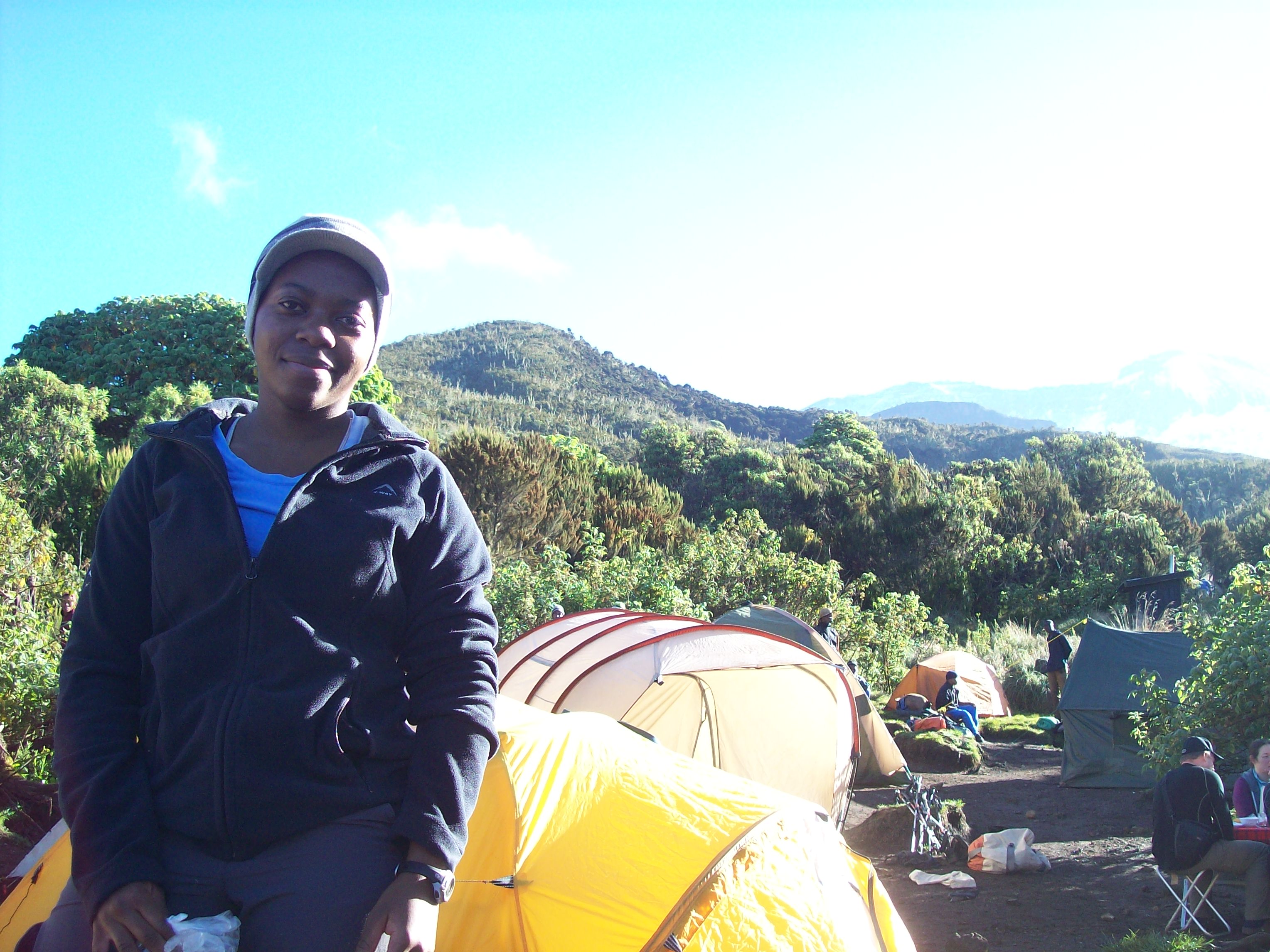
If someone wanted to start their own business or project, what insights would you give them?
- Do enough research to confidently start with a plan that proves viability – beware analysis paralysis.
- Be clear about who you want to help, what problem you are solving and how you fulfil their need. Explore this intensely upfront. Sometimes practical experience as you build out your solution will help you refine your thinking so keep coming back to this.
- Have clear targets and performance metrics.
- Review all your networks and contact those who you can trust to help you.
- Timing is key – not that I want to give an excuse for procrastinating but what makes now a good time for your launch?
- Preparation, purpose and passion go hand in hand. Without preparation, passion and purpose lack the foundation to manifest. Without passion or purpose, even the best laid plans will not be sustained long enough to flourish beyond a certain basic level.
- Try to embed digital tools in all you do – they help you work faster, cheaper and at scale.
Do you have dreams, goals or a vision for your life?
In my 30s, I’ve been refining the vision for my life. I didn’t concentrate much on this before. In my teens and 20s I had goals like getting a degree, becoming financially independent, owning property, travelling and reaching a certain rank within my organization. However, having goals is not the same as having a vision. A vision calls you to mobilise all your gifts to create a full picture of all you can create personally, professionally and in your community. I am a Beyoncé fan, and her song “Bigger” sums up how I want to feel about the vision I set for my life.
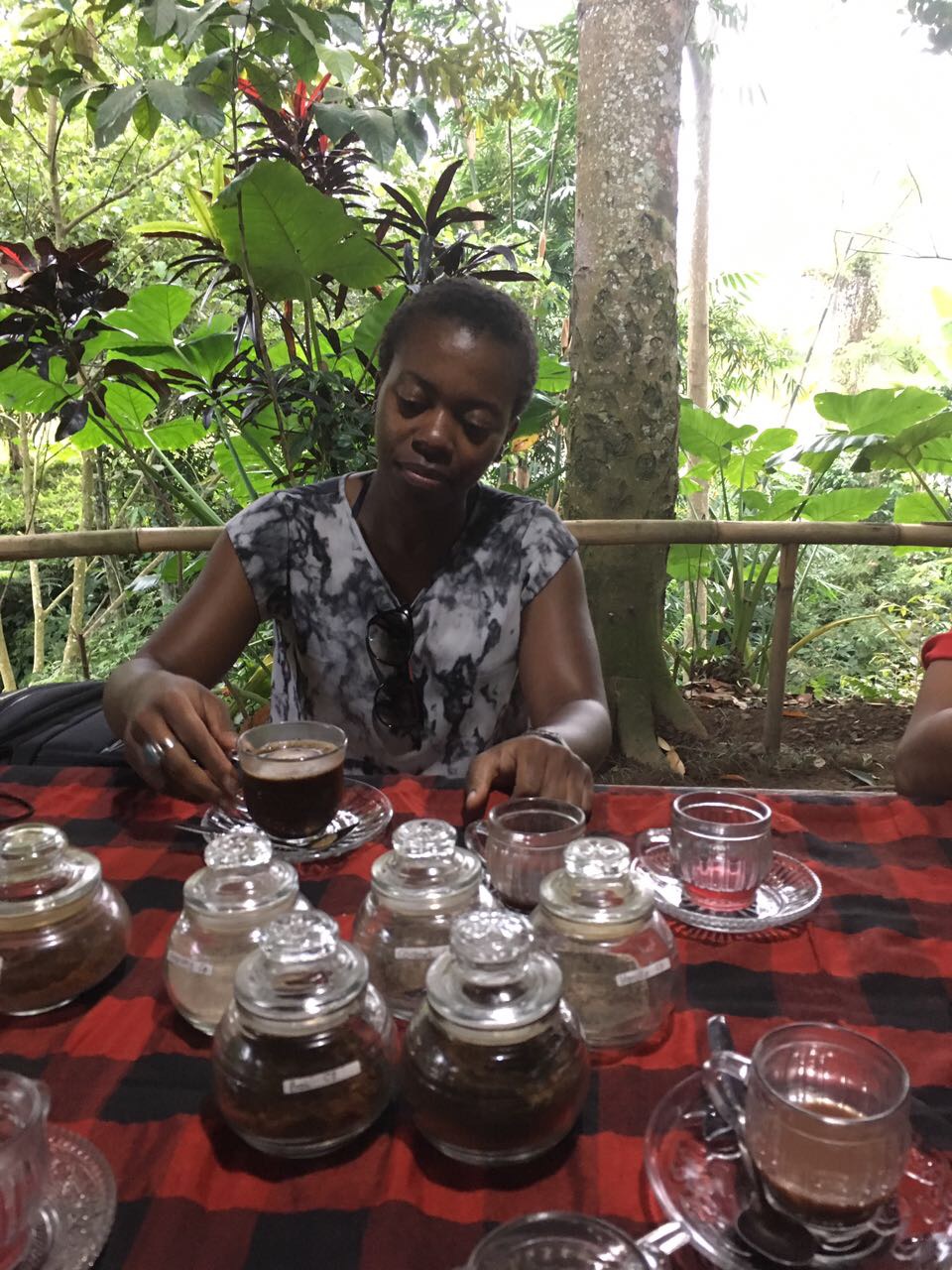
Have you recorded the above in any way? If yes, how?
Yes, I wrote a vision letter on my 30th birthday that I refer to often and have been updating on each birthday. I paint with words. Vision boards are not really my thing.
Have any of your dreams or goals come true or been achieved?
Yes! When I was in my 20s, I set goals that I wanted to achieve by the time I was 30. I did everything on the list, and perhaps controversially, getting married was specifically not something I wanted before 30. There’s a lot I wanted to explore and affirm in myself prior to marriage. Now as a happily single person, I can open-heartedly welcome it if it’s meant to be.
Having ticked all my previous boxes by 30, I felt a bit lost in my early 30s because I didn’t fully commit to a new set of goals to replace the old list. This phase taught me why having a vision is more durable than only having goals. Goals help achieve a vision but only a vision can sustain me. Now that I’ve set a vision for my life and have broken that into various goals, I’m busy pursuing that.
What drives you in life? What keeps you going?
Knowing I’m capable of, and called to, create a positive impact in other people’s lives.
What does success look like for you?
Doing my best in what I value most with integrity, joy and sincerity.
Have you ever failed at something? If yes, what happened and how did you handle it?
I have certainly experienced some failures which I’ve learnt from but none which have shaken me to the core. I do believe in that school of thought that says we should turn a setback into a setup for achieving that same goal in a different way, or to make room for something new altogether.
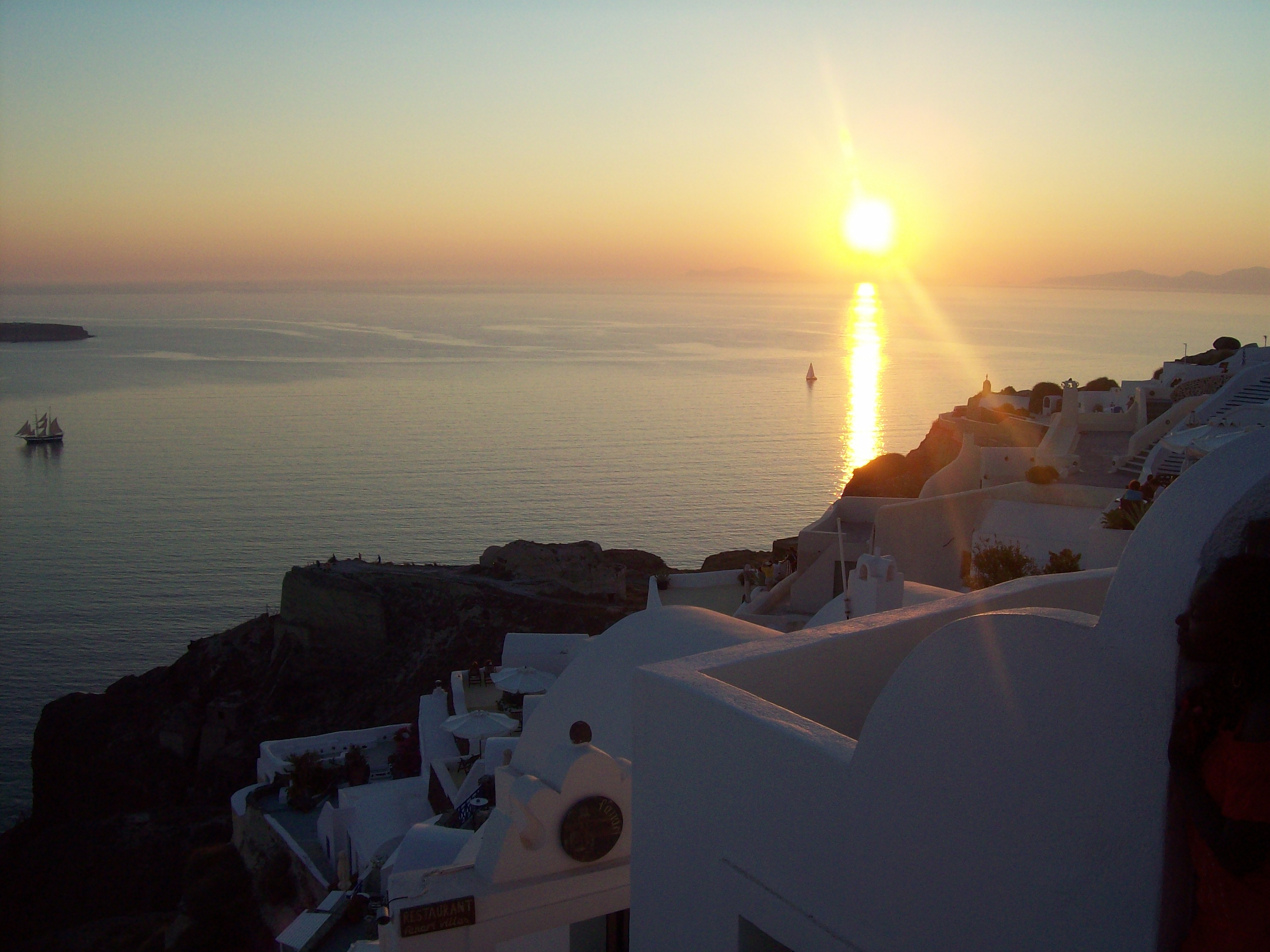
What places have you travelled to?
I’ve been to over 30 countries across Africa, North and Latin America, Europe and Asia, usually visiting more than one city along the way.
I had the awesome privilege of seeing the world’s biggest capital cities through work and having that inspire me to return on holiday so that I could experience them again at leisure. What I am most appreciative of is that my job required me to travel all over Africa. If I’m honest, I don’t think I would have seen all these places on my own dime the first time around but I have now been cured of my ignorance. Angola, Ghana, Senegal, Gabon, Cote d’Ivoire, Ethiopia, Kenya, Nigeria, Rwanda, Zambia, Tanzania, Mauritius and Namibia – I have mad love for them all and have returned to several of them on holiday.
What did you love about the places you’ve travelled to?
The nerd and art fanatic in me looks for a museum in every city I visit. That’s the basic requirement when I travel. Beyond that, I take two types of trips. The type I take most often is a city break, usually with friends, where I’m all about cultural experiences and events (music concerts, plays, live sports etc) and very importantly, great food and wine. #TheGoodLifeBasically. The second type of trip I take less often but I value most, and that is solo travel on some sort of backpacker tour to see our natural wonders. I do this when I need to clear the clutter in my head and heart by reconnecting with nature. The food is basic, cell phone reception is limited and the conversation is minimal. I detach from whatever personas I have in my daily life. #SimpleSerenity.
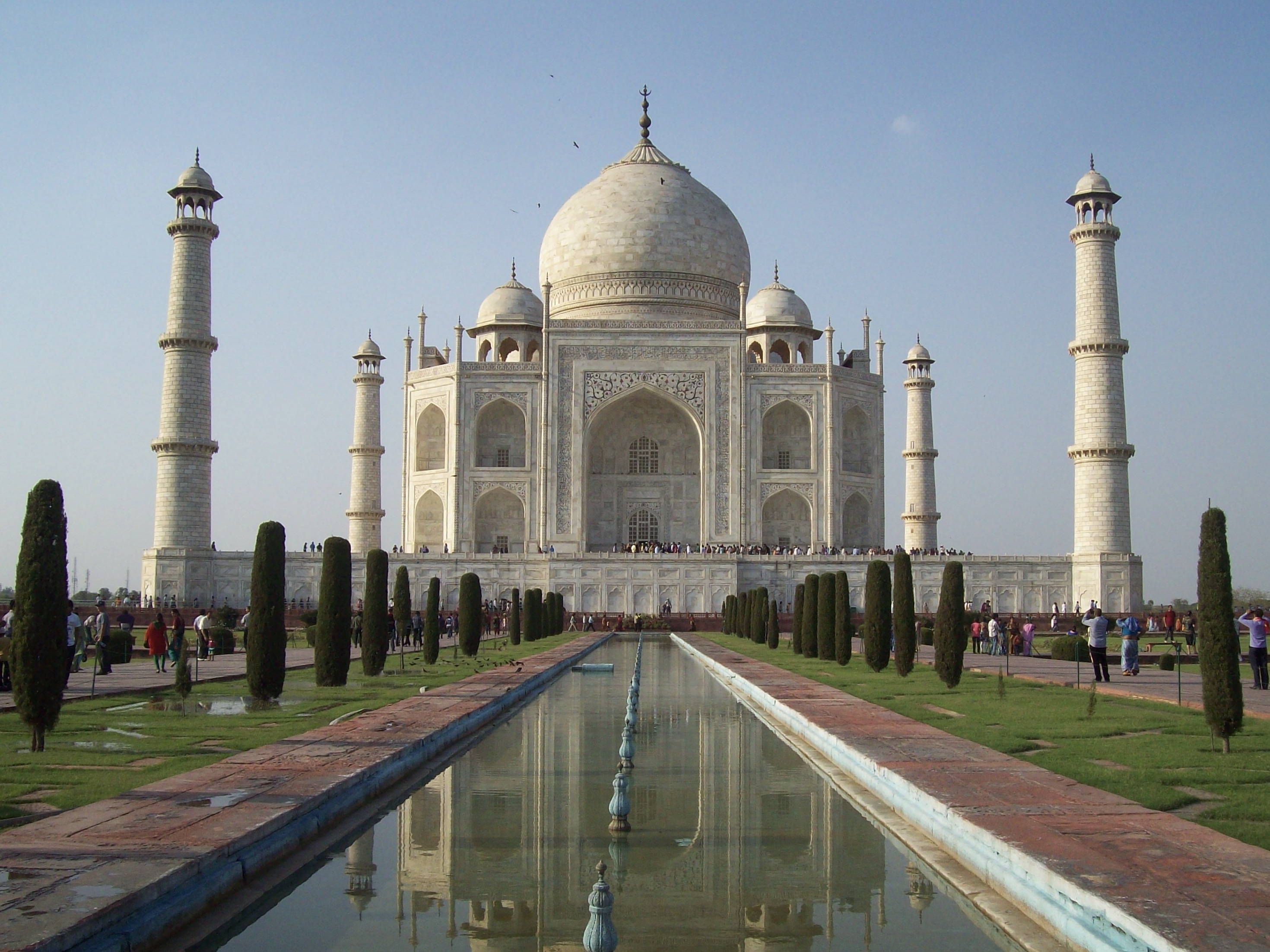
What have you learned from your travel experiences?
There’s a lot I could say about this but to be brief, the main things are:
- Humanity craves the same things no matter where you go but we choose to let our differences divide us.
- The whole world has incredible beauty – there is no ‘best’ this or that for me. That kind of comparison diminishes what’s unique about a place, its context in history and its significance to its people.
- Food is a language! At least it is for me ☺
- I’m fortunate to count travel as part of my education, rather than an indulgence or reward. It’s part of how I invest in myself and how I get to have a 3D experience of my hobbies and interests. E.g. Being able to follow my favourite music online and then watch those artists perform live.
- Empathy, resilience, flexibility, ‘street smarts’ and curiosity.
- On the practical side: research, book way in advance and accumulate reward points where possible to reduce the cost of trips.
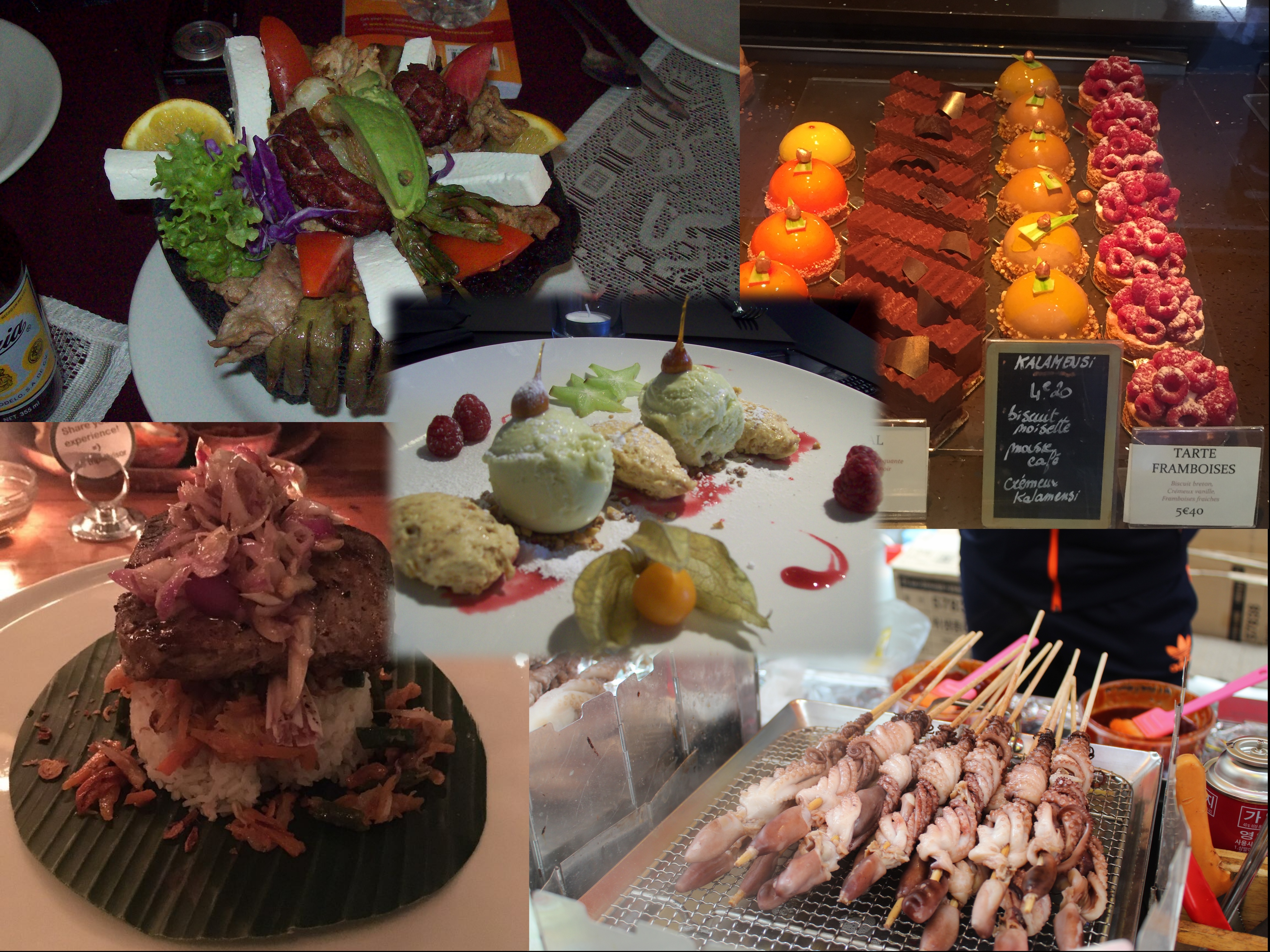
What has been the best place you’ve visited and why?
I’ll phrase that differently and say my richest travelling experience was a 1 month backpacking trip across Mexico, Belize and Guatemala. The theme we were exploring was to retrace the roots of the Ancient Mayan people across Latin America, so we saw lots of cultural sites (nerd heaven,) ate traditional food (foodie heaven) and went off the beaten track to small towns and through forests (#SimpleSerenity.) Most of what I heard that whole month except within my travel group was Spanish so I had to recall a lot of O Level Latin and French to piece together what people were saying – and it worked! I travelled alone as part of a tour group so I could be as social as I wanted to be. I spent a lot of time doing my own thing – people were so friendly, helpful and curious about the solo black girl walking around their town.
Last year, before lockdown started, I was able to attend Oprah Winfrey’s Vision 2020 Tour in New York. The event was about setting specific wellness goals which I took seriously, and I really enjoyed the interview she had with Michelle Obama. The trip was a 3D experience for me since I listen to Oprah’s podcasts plus I’ve read Michelle’s book and am a fan of her general amazing-ness. Investing in this trip made me pay closer attention to concrete wellness goals which I have been sticking to! I write more about this particular experience on my blog.
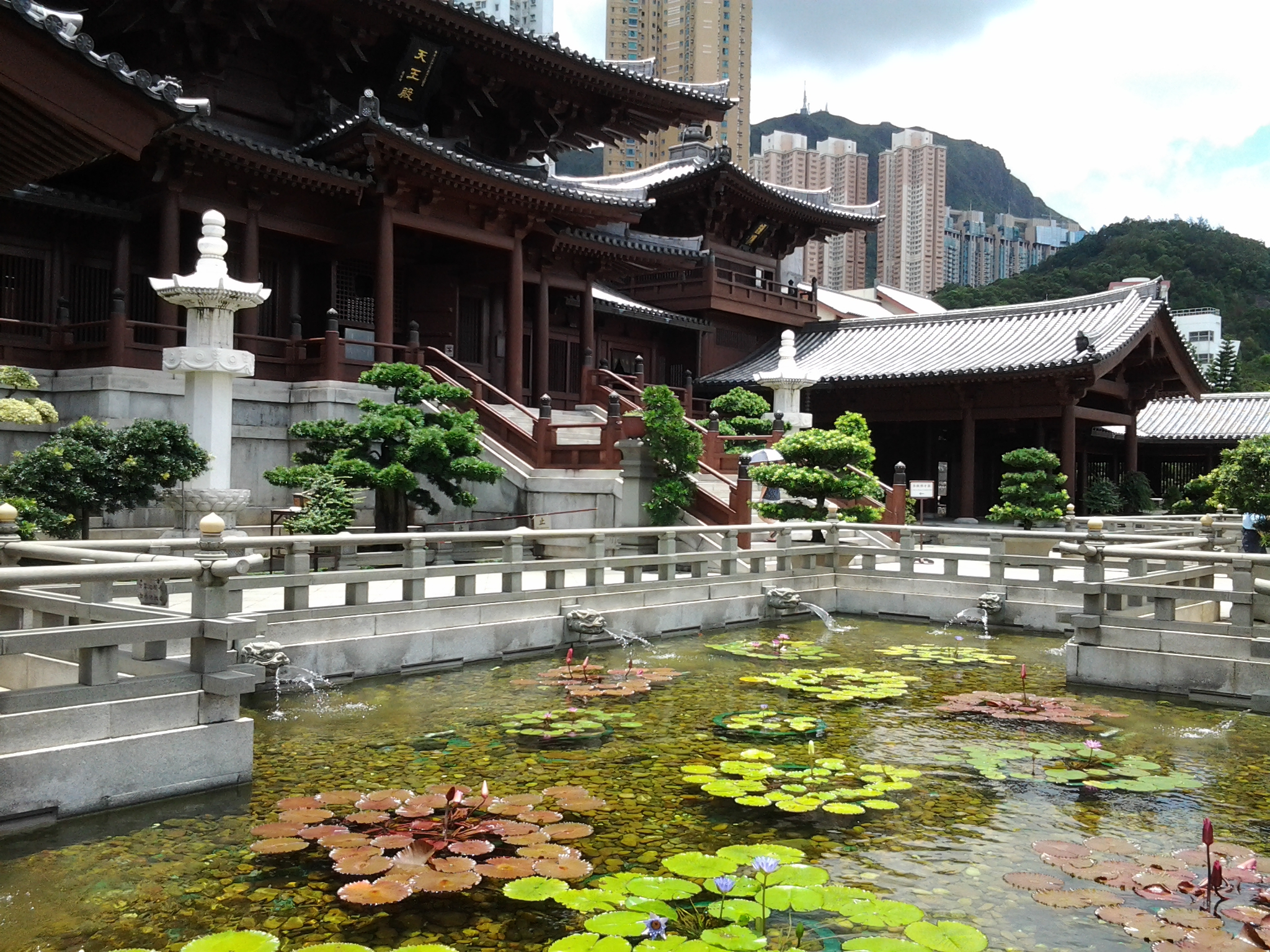
Are you in any way or form taking care of or feeding your mind, spirit, body and soul? If yes, how are you doing that?
For my mind, I read at least one book per month. I’ve been an avid reader since junior school but in the past 5 years, I’ve been strict about completing a certain amount of reading consistently. I also love podcasts on a variety of finance, philosophy and general life topics that help me be a better human. My favourite ones are:
- How I Built This: stories about entrepreneurs – their journeys, lessons and mistakes.
- Jesus and Jollof: Yvonne Orji and Luvvie Ajayi talking about life and levelling up.
- Dear Future Wifey: a guy talking about his journey to get ready for love and marriage.
- Oprah Super Soul Sunday: conversations about different spiritual topics.
For my body, I focus on doing the good basics consistently. I aim for 8hrs of sleep, keeping well-hydrated, stretching and walking regularly, and eating well which has lately been a mostly vegetarian diet. I’m becoming more sensitive to tension in my body e.g. tight shoulders or clenched jaw and aim to shake that off because it often creeps up subconsciously.
For my spirit/soul: I’ve started reading the Bible and exploring religion, so far so good! I also love music; it makes me happy deep down in my soul so I often play music loud and sing along.
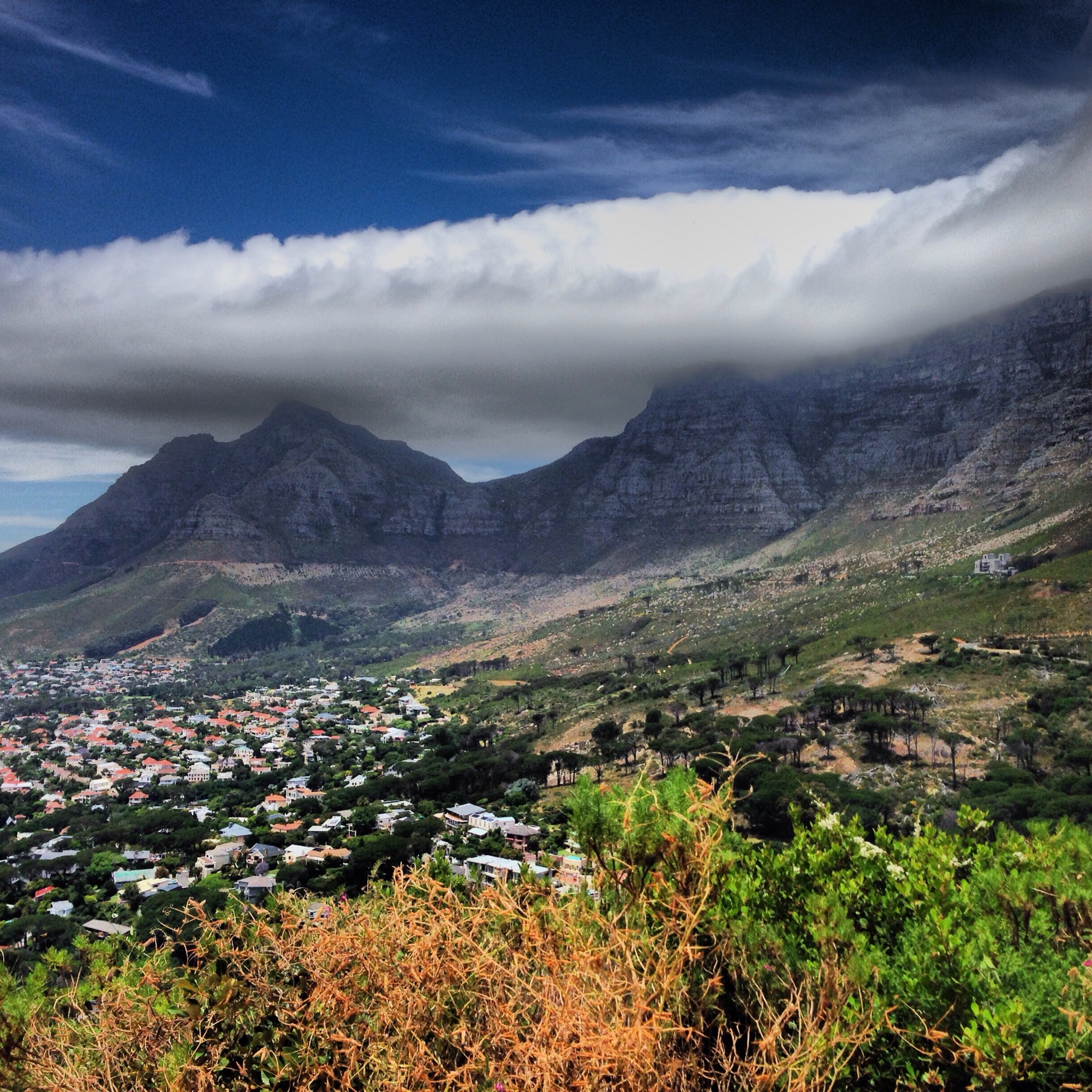
How do you show yourself love, if you do that?
I take care of myself in the ways I described above because I believe that to take care of someone you love, action has to be attached to the concept of love. My self-talk is more patient and kind as I’ve matured, and I let myself feel my feelings.
Do you have a morning routine? If yes, what does it look like?
What is consistent about my morning is that I start with a ‘power hour.’ Every now and again, I shake up how I spend this time so that life doesn’t feel monotonous. It currently consists of 20 minutes stretching and deep breathing, 20 minutes reading the Bible and praying, and 20 minutes to make a healthy breakfast. I’ve been a bit naughty lately but generally, I only look at my phone AFTER my power hour. It’s not ideal to start the day with digital clutter in my head. I need to get back to taking my own advice on that one!

Do you have any people you consider role models? (Living or passed on) If yes please name them.
Role model is a strong term, and I don’t take it lightly. For me, it’s more that I have people I admire but I don’t look at their lives as a template for my own. I most admire Serena Williams – she’s unrelentingly pursuing her passion regardless of the haters and simply operates on her own level.
Then there is Priscilla Shirer: a US-based pastor who is on fire for her calling and it’s contagious! I got the mental clarity to write my e-book (“The Gen Z Pocketbook for Teenage Girls”) after listening to one of her sermons. It taught me to never underestimate how someone’s passion to share, teach and inspire can spark something inside whoever hears their message.
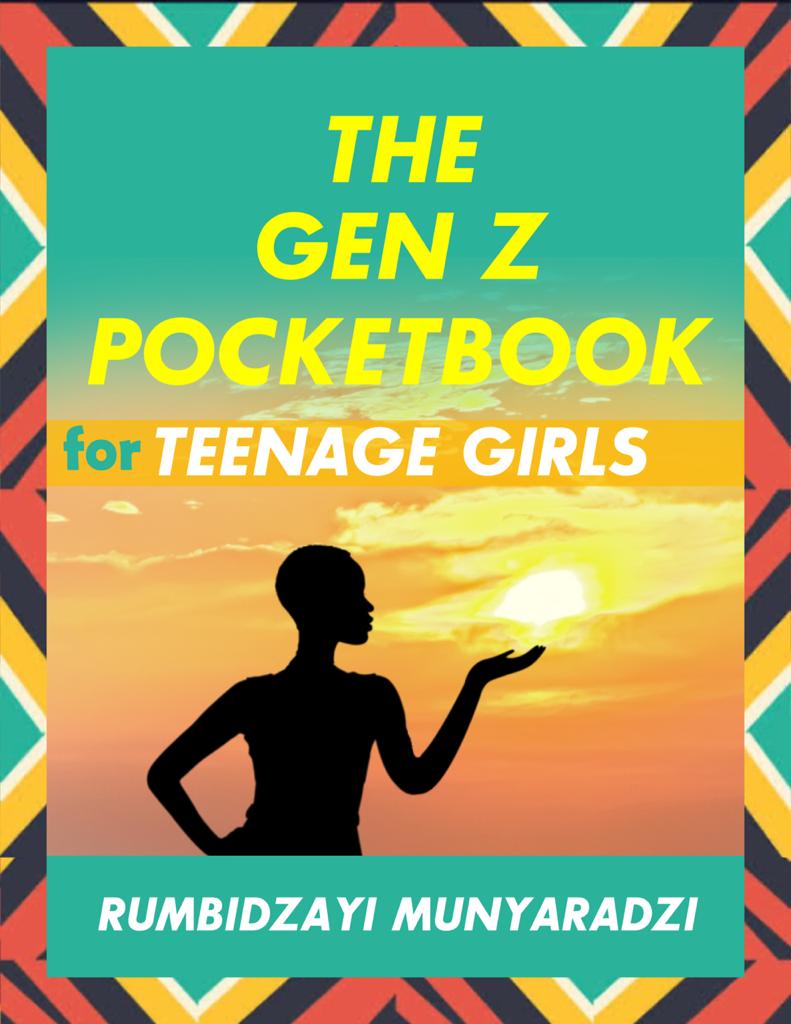
What 3 books have played a role in your personal development and growth?
- Jeff Olson “The Slight Edge”: consistency and diligence with small progress compounds to great results.
- Clayton Christensen et alia “How Will You Measure Your Life”: the title says it all.
- Scott Galloway “The Four”: it directly encouraged me to think bigger about what’s possible in life because we have so much enabling technology for just about anything we set our minds to.
For someone at the beginning of pursuing their dreams, what book would you suggest they start with?
“The Magic of Thinking Big” by David Schwartz. I’m going old school on that one because the basic root of activating our dreams is to believe that what we think can be made into a reality. Although there is nothing new about that message, we need to check ourselves: is what we know the same as what we believe? In David’s words, “Belief is like a thermostat that regulates what we accomplish in life.”
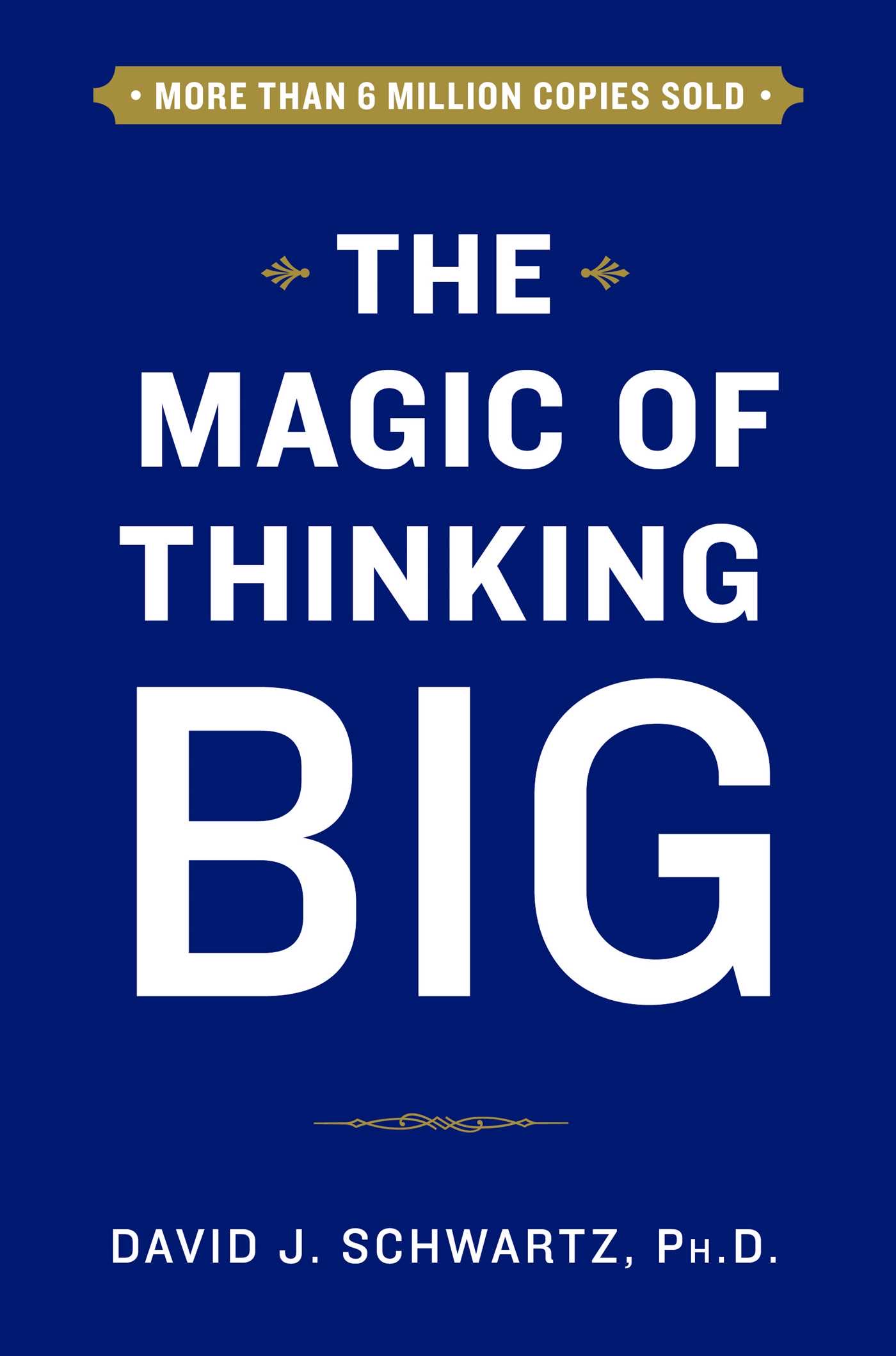
If you were to be well known for something, what would you want it to be? Or how would you want to be remembered at the end of your life?
I would like to be most well-known for shaping a better society by sharing my knowledge, connections and time to build up other women. I believe we have to create our own opportunities and make way for others who are at risk of under-utilising their potential just because of a lack of access.
What life lessons or thoughts would you like to leave the reader with?
Consider whether the 80/20 rule is working for you or against you. Typically, 80% of our best results come from 20% of our productive time. What would happen if you spent more time doing the things that generated the most value (in your life, with your family, in your work) than just the 20%? I really considered this rule during my career as I found I spent 80% of my time at work and was cramming in every other aspect of my life in the remaining 20% of time. It brought me to burnout at one stage. Once I revisited my priorities, I started making better choices that reflected more of what I holistically appreciated.
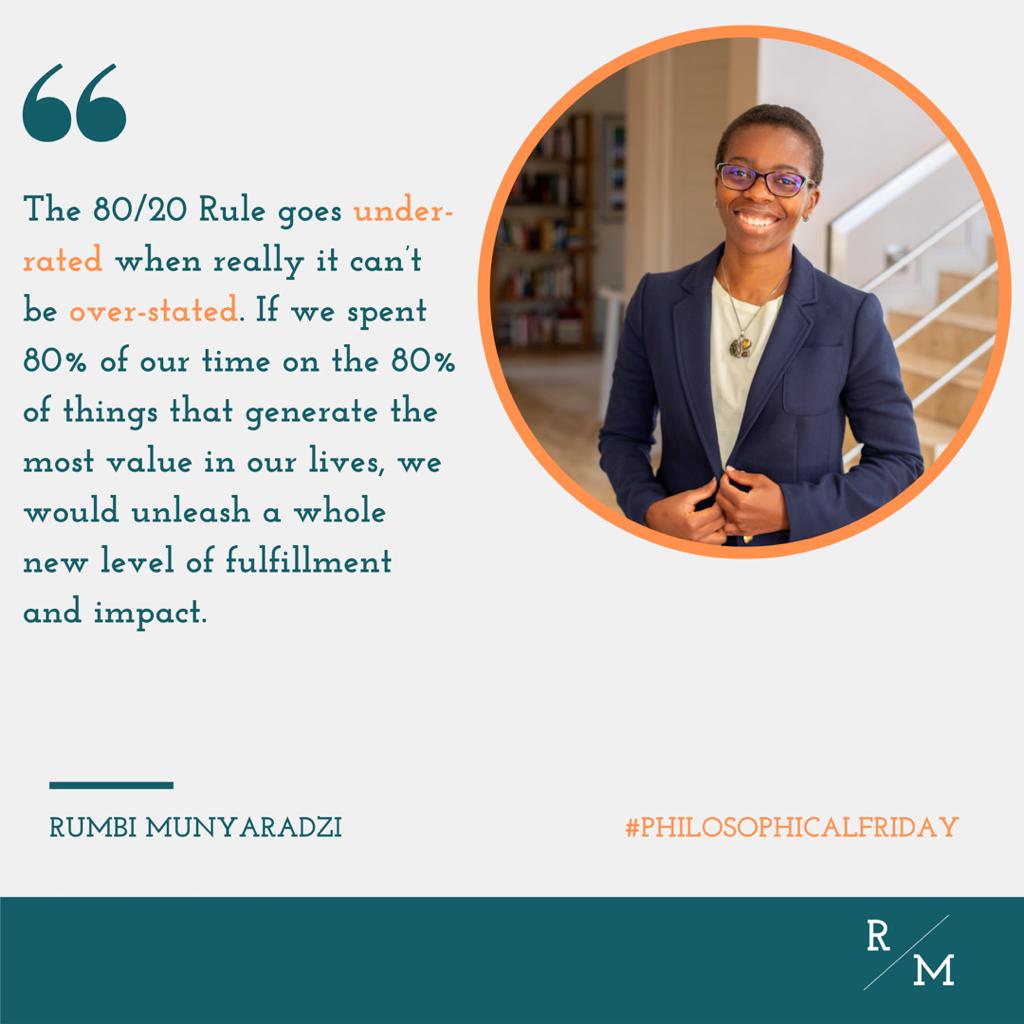
If you have ideas that excite you then just get started on turning them into reality. Don’t let yourself be the reason why you don’t have the life you dream of.
Be kind to yourself. There are lots of roles that we play as someone’s sibling, child, partner, parent, employee, boss – you name it. We won’t get everything right as we navigate these roles but if we extend some grace to ourselves, it will sustain us to keep trying to do better and be patient with others as they experience the same juggling act.
Joy is available to you right now – don’t defer it to ‘someday.’
“Grow where you are planted” – make the most of the opportunities in your current environment and enjoy the season you are in.
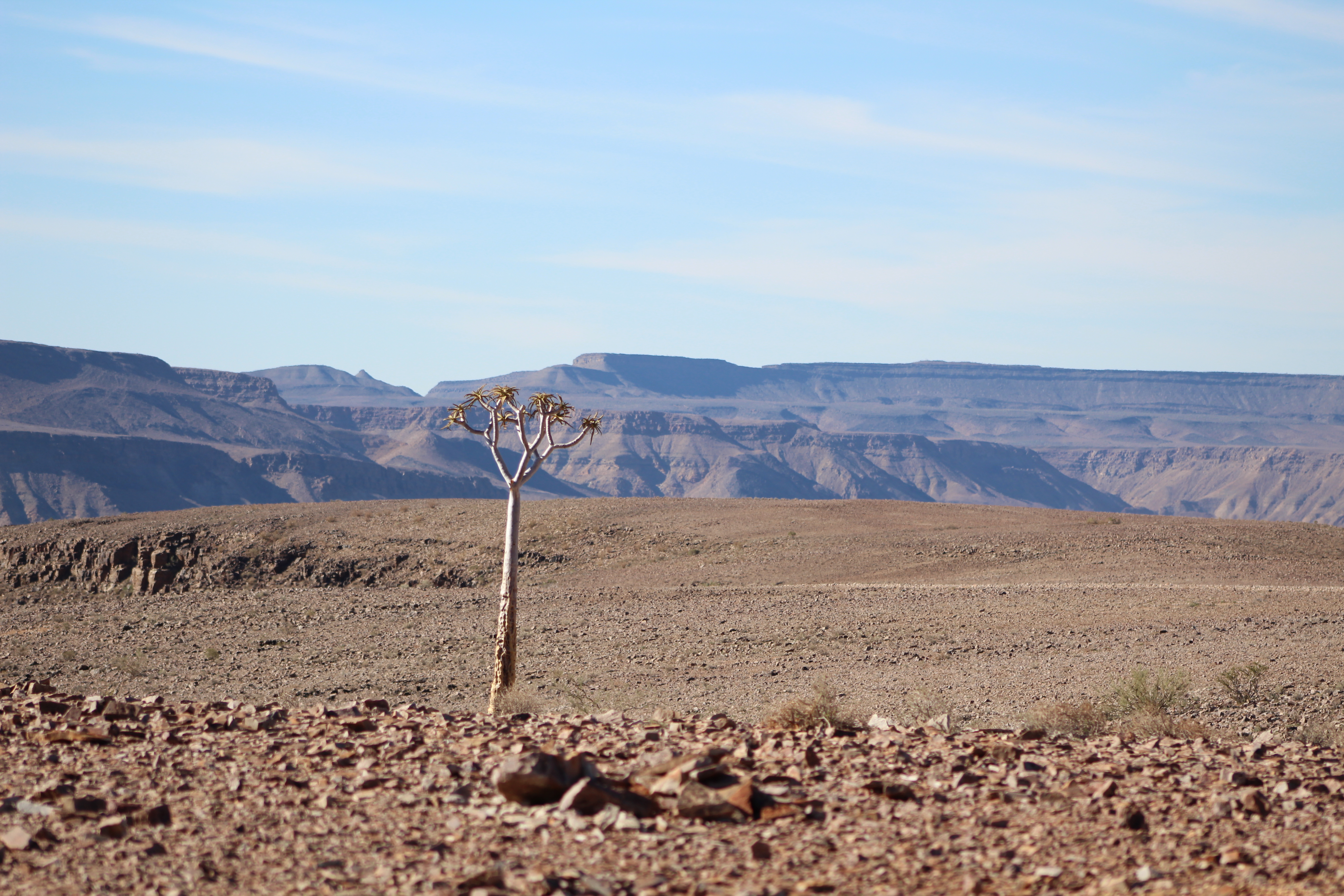
How can readers support you or your work if they would like to do that?
If you have any teenage girls in your life, please share my website with them: www.genzim.com. My free e-book (“The Gen Z Pocketbook for Teenage Girls”) is available for download there. GenZim’ers can also follow me on Instagram and Facebook. That’s where I share updates on new blogs and career insight videos, and my handle is @genzimconnection.
If you’re keen to explore some of the career and self-development topics I write about then take a look at my personal blog: www.rumbimunyaradzi.com. I also carry the conversation across to Instagram on my handle @rumbi_munyaradzi.

